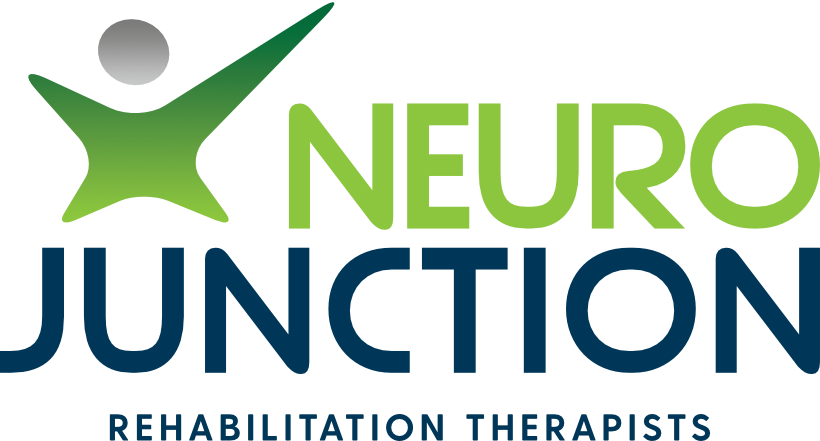World Brain Tumour Day 8th of June 2022
What is World Brain Tumour Day
World Brain Tumour Day started in 2000 as a tribute to all brain tumour patients and their families and is celebrated annually on June 8th. This years theme is “Together We Are Stronger”
A brain tumour is an abnormal mass of tissue where cells grow and multiply uncontrollably. There are two main types of brain tumours, primary and metastatic. Primary brain tumours originate from the tissues of the brain or the brain’s immediate surroundings and can be benign or malignant. Metastatic brain tumours include tumours that arise elsewhere in the body (such as breast or lungs) and migrate to the brain, generally through the blood stream. Metastatic tumours are considered cancerous and are malignant. There are many types of benign and malignant tumours that can form.
According to the Australian Institutes of Health and Welfare it is estimated that in 2022 there will be 1917 new cases of brain cancer diagnosed in Australia (1173 males and 744 females).
Signs and symptoms of brain tumours include but are not limited to:
Headaches (often the first sign of a brain tumour)
Seizures
Problems with balance and coordination
Weakness on one side or part of the body
Nausea and vomiting
Confusion
Disturbance
Vision loss
Impaired sense of smell or taste
Drowsiness and fatigue
Dizziness of loss of consciousness
Changes to your personality and how you behave
Changes to how you think
Endocrine dysfunction
Treatment options for brain tumours can include surgery, radiation therapy and chemotherapy independently or in combination in order to remove or lessen the size of the brain tumour. Additionally, physiotherapy and occupational therapy are vital to brain tumour patients pre-operatively and post-operatively.
physiotherapy for CLIENTS WITH brain tumours
Physiotherapists will create an individualised treatment plan depending on a client’s physical presentation, symptoms and their goals. This can include strengthening exercise, balance training, sensory stimulation, gait retraining, vestibular training and equipment prescription.
occupational therapy for CLIENTS WITH brain tumours
Occupational therapists will consider the clients skills, activity demands and barriers to independent daily living skills. Treatment will include assessing clients goals and valued activities, evaluating the home environment and barriers to accessing it and creating a personalised treatment plan to best suit the individual. This may include, equipment prescription, fine motor skill training, home modifications and how to improve day-to-day responsibilities.
The Physiotherapists and Occupational Therapists at Neuro Junction are knowledgeable in evidence-based care for brain injury patients of all kinds. We will create a personalised treatment program for clients to manage and adapt to their challenges.



